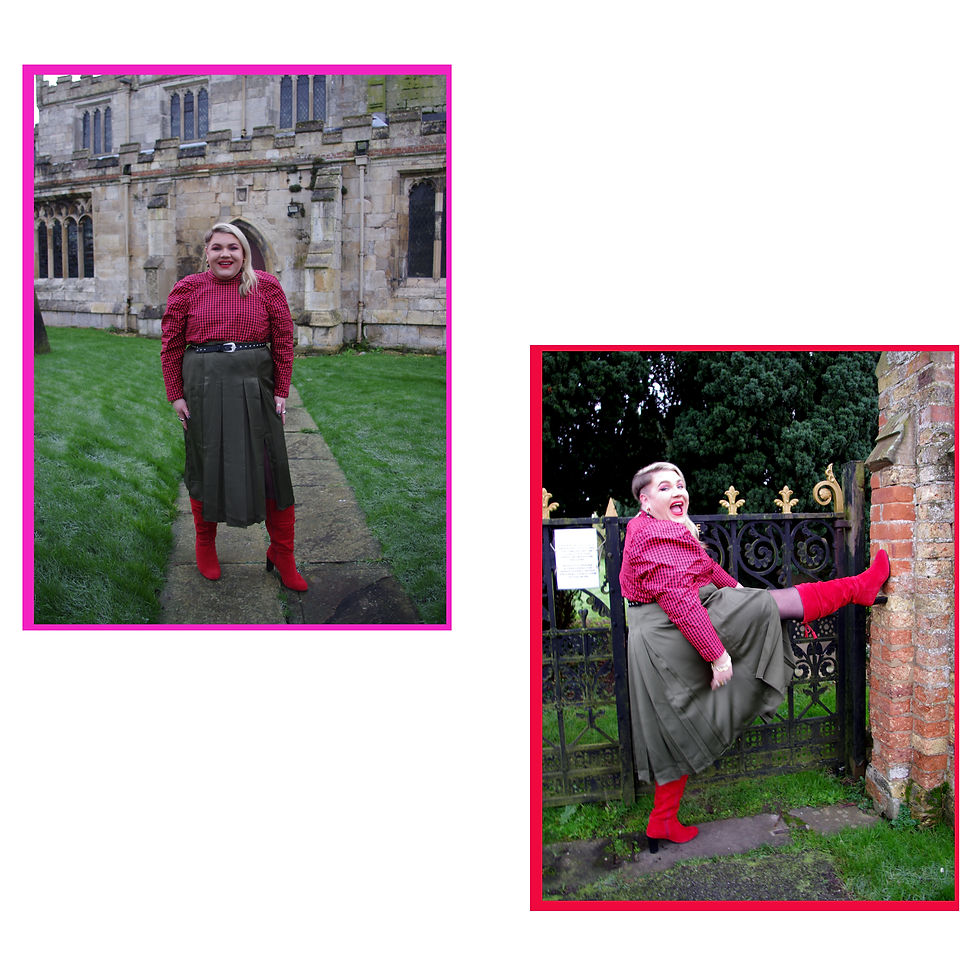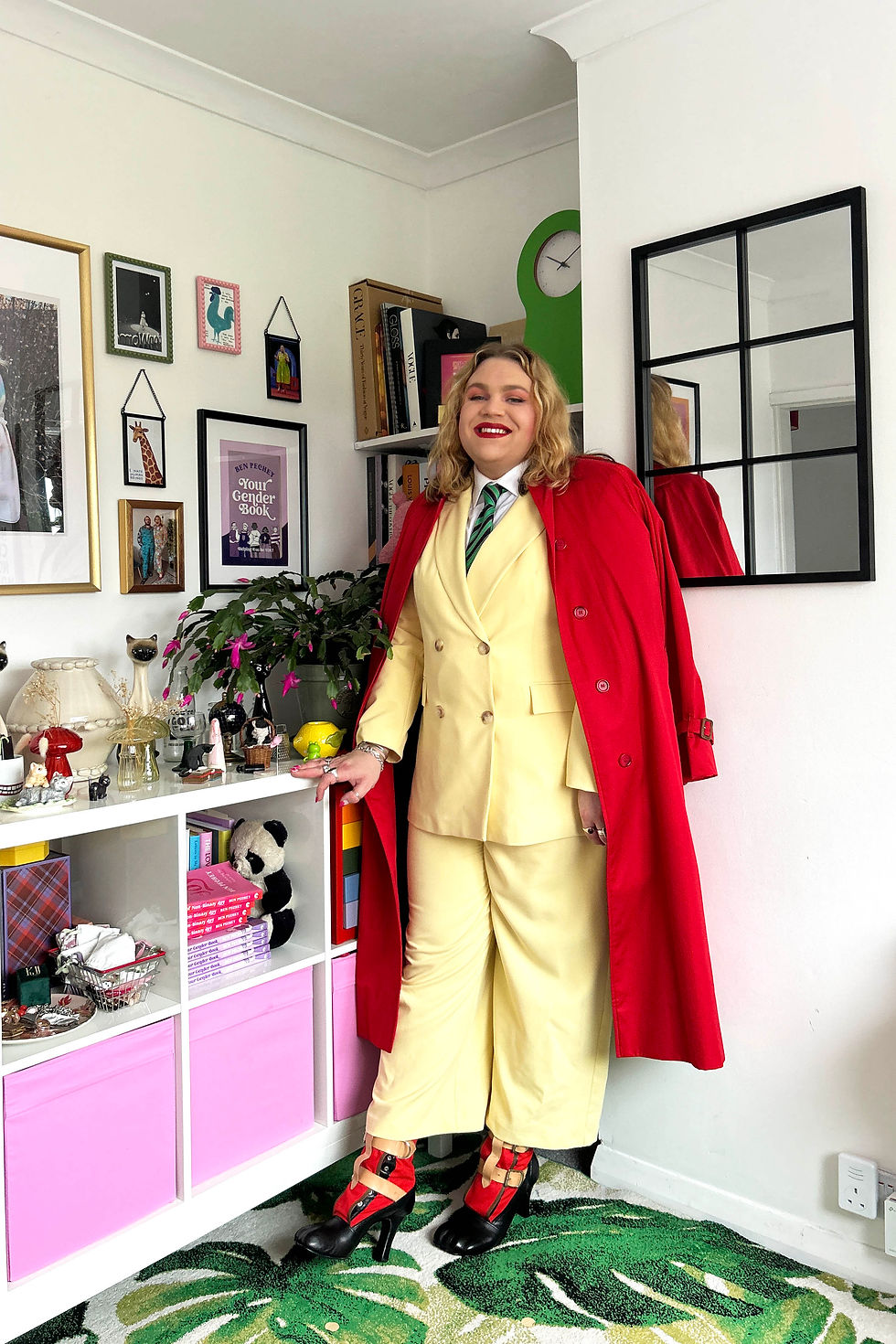The Invasive Nature of Pop Culture
- Ben Pechey

- Mar 5, 2021
- 2 min read

Oh hello darling, and welcome to March on benpechey.com, today my angels, I would love to talk to you about the invasive nature of pop culture.
Growing up television held the public’s attention more than it does today because streaming had yet to take off, Netflix was a pipe dream, and Love Film, the UK’s DVD subscription service, reigned supreme. Thus when shows such as Little Britain and The Catherine Tate Show parodied minority communities it had a much larger impact on the public's perception.
School was one of the places where certain sketches would come to haunt me. Sketches like Walliams’ and Lucas’ “Only Gay in the Village” or Tate’s "Who, dear? Me, dear? Gay, dear? No, dear!” were used against me for weeks and weeks after they were on television for the first time.



It is clear to me, that when culture uses minority communities as currency through such a narrow and flat lens, it makes members of the community targets, and creates a harrowing narrative that is hard to bear. Culture is here to entertain us, and to comment on the society in which we live, but it cannot be unaware of the damage it can cause.
Of course, this was over 15 years ago now, and we would like to think that the people that make entertainment are more educated and that channels would be far more aware of the reach and effect that programmes can have on its audience.



However, we have seen that this is not the case, but the issue has evolved, as media is picked up by other outlets, the damage is caused there. Take the hot show of 2021, It’s a Sin, which you will no doubt have seen or at least heard of, which took on the aids crisis of the 80s and showed many of the untold stories and the tragedies. Whilst it may have not been the perfect representation of the time, it did a lot to show how the queer community suffered in society, and just how far we have come in terms of sexual health and HIV treatment.
Sadly media outlets found the real representation of queer love and intimacy, to be too much for conservative audiences and spent hours and hours writing stories to the same effect, yet sex scenes in the buttoned-up Bridgerton attracted no such criticism. One way or another a marginalised community was left to deal with the consequences of a high profile retelling of its history.



Moving forwards we need to ensure that communities are safeguarded when such a focus is thrown onto them, as it is vital for history and lived experience to be shared, but not in a way that causes more harm than good. I hope in the next decade, we can begin to adjust the invasive nature of pop culture and control the effect it has on people.
That’s it from me today, I will be back next week, but until then, let’s be mindful of media and the effect it has on other people.





Comments